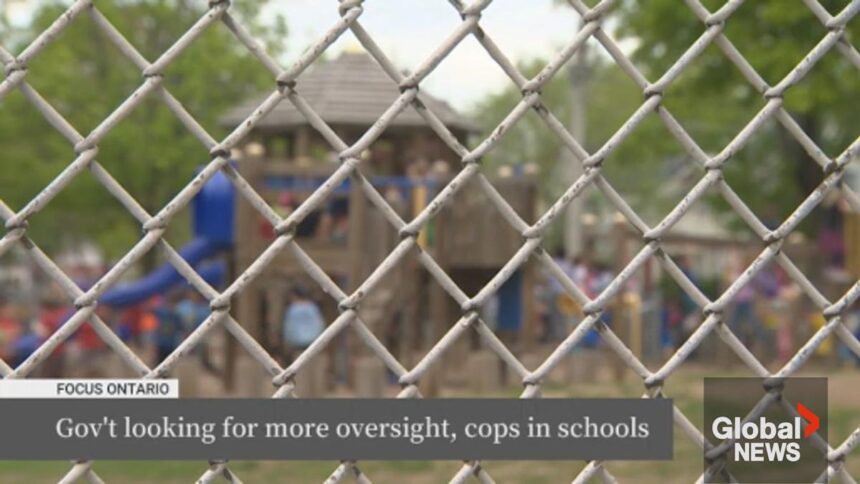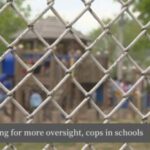As I walk through the hallways of Queen’s Park this week, there’s a palpable tension in the air. The Ontario government’s latest education reform bill has sparked intense debate across Toronto and beyond, with educators, parents, and school board officials weighing in on what these changes mean for our city’s educational landscape.
The proposed legislation would significantly expand provincial powers over local school board operations, particularly affecting Toronto’s diverse educational institutions. This shift represents one of the most substantial centralizations of education authority we’ve seen in decades.
“This isn’t just about administrative restructuring,” explains Maria Gonzalez, president of the Toronto Teachers Association. “It fundamentally alters the relationship between our local communities and the education system that serves them.”
At its core, the bill grants Queen’s Park unprecedented oversight regarding curriculum implementation, resource allocation, and even personnel decisions that have traditionally remained within local school board jurisdiction.
Toronto school trustee James Wilson, who has served for over 15 years, shared his concerns during yesterday’s public consultation. “When decisions about Toronto’s unique educational needs are made exclusively from Queen’s Park, we risk losing the nuanced understanding of what works for specific communities across our diverse city.”
The legislation comes amid provincial claims that standardization will improve educational outcomes and administrative efficiency. Education Minister David Thompson defends the measure as “necessary modernization” that will “ensure consistency across all Ontario schools.”
However, critics argue this centralization could diminish the responsiveness of schools to unique local needs. The Toronto District School Board, serving Canada’s largest and most diverse student population, has expressed particular concern about maintaining programs designed for its multicultural student body.
Parent advocate Sophia Chen, who has two children in the Toronto public school system, voiced her perspective during yesterday’s community forum in North York. “We chose our neighborhood partly because of the local school’s reputation for innovative programs. I worry these unique offerings might disappear under provincial standardization.”
The financial implications remain a significant point of contention. The Ministry of Education claims the reform will generate substantial savings through consolidated administration. Independent financial analysts from Toronto Metropolitan University, however, suggest the transition costs could outweigh short-term savings.
“Our preliminary analysis indicates implementation costs between $75-120 million province-wide, with ongoing structural changes potentially reducing rather than enhancing efficiency,” notes Dr. Ahmed Hassan, education finance specialist at TMU.
Toronto’s tech education sector has also entered the conversation. Several innovation-focused programs currently run in partnership with local tech firms express uncertainty about their future under the new provincial framework.
“We’ve built these relationships carefully over years,” explains Jennifer Okeke, who coordinates a coding program connecting East End high schools with tech startups. “These partnerships depend on flexible local decision-making that may not survive under a one-size-fits-all provincial approach.”
As I spoke with educators across Toronto this week, I noticed a concerning pattern: many expressed fears about speaking publicly. One principal, requesting anonymity, revealed: “There’s a chilling effect already. People worry about career repercussions if they openly criticize these changes.”
The Ontario Public School Boards Association has requested an extended consultation period, arguing the current timeline doesn’t allow for proper stakeholder input. A decision on this request is expected next week.
For Toronto families navigating these changes, the implications remain unclear. Will specialized programs continue? How might resource allocation shift? These questions linger as the legislation moves through Queen’s Park.
What remains certain is that Toronto’s educational landscape stands at a crossroads. As someone who has covered our city’s education system for nearly a decade, I’ve rarely seen such fundamental governance changes proposed with such far-reaching implications for local communities.
The final vote is scheduled for late next month. Until then, the debate continues across our city’s classrooms, boardrooms, and community spaces – all grappling with what these changes will mean for Toronto’s educational future.







